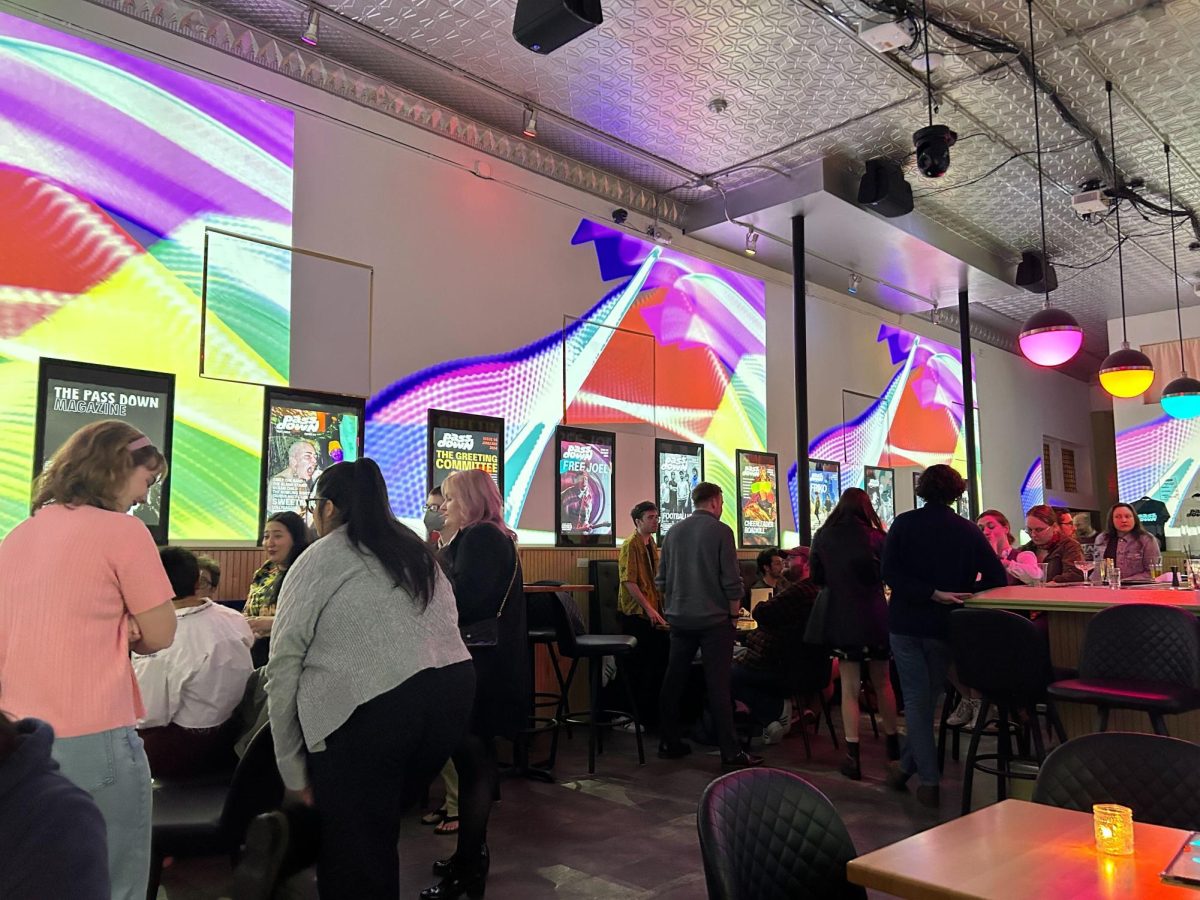The Senate Appropriations Committee in Washington, D.C. agreed to grant about $6.3 million to environmentally backed initiatives in Illinois, including about $1.1 million for two University of Illinois institutions.
Although the bill has to pass through the House of Representatives, the Senate approved $617,000 for the Illinois Plant Breeding Center and $500,000 for the College of Veterinary Medicine for fiscal year 2011.
The Illinois Plant Breeding Center, a subset of the Department of Crop Sciences in the College of ACES, hopes to use its share to provide better resources for students, said Rita Mumm, director of the center.
Created in 2008 to offer master’s and doctorate level degrees for agriculture students, the center hopes to use much of its funding toward high-tech teaching methods, Mumm said.
She said the center wants some of this technology to allow for better communication between students and faculty, such as the ability for professors to instruct students in a classroom directly from a laboratory or research area.
Get The Daily Illini in your inbox!
“Some of it would go toward modernizing our classroom in Turner Hall and outfitting it to share courses taught live through video conference technology,” Mumm said. “This would make it possible for one of our faculty to teach a specialized course in genetic applications.”
Mumm said another need is new farm equipment for conducting research on the South Farms, located down a stretch through Windsor Road in Urbana. Because of the changes with crop production practices, Mumm said the center must keep up with research by updating the equipment use to conduct studies.
Some specific research the center is undertaking includes reducing the use of nitrogen in planting corn and building drought tolerance for plants.
“Not only do we have a legacy at Illinois for training people in plant breeding and genetics, but this is a very important for issue, to be honest with you, for our country,” Mumm said of the research.
While the Plant Breeding Center wishes to expand its program, the College of Veterinary Medicine aims to further establish one. If it receives the money, the college will expand the Center for One Health Illinois, which is an initiative to combine environmental, human and animal health sciences together to better understand how all three distinctions are related. Because the human population is becoming more mobile everyday, a virus contained in a remote part of the world can now easily spread anywhere, said Chris Beuoy, director of communications for the College of Veterinary Medicine.
“The ‘One Health’ concept is something that’s been floating around for several decades, but it’s really become more prominent in the last ten years, and that’s the idea that there’s so much overlap in the health of the environment,” Beuoy said.
After interested individuals had a summit about the concept in February, Beuoy said the center fell into its first steps of establishment.
Since the center supports the college’s combined doctorate and master’s program, funding will go toward education and training individuals in the One Health concept.
Jack Herrmann, clinical associate professor at the College of Veterinary Medicine, said the educational portion of funding will support student capstone, or final, projects at the college. He said these projects are not only beneficial for students, but the center as a whole.
“These are all One Health projects, they better our understanding on how humans, animals and the ecosystem interact,” Herrmann said. “We’re not doing research for research’s sake, but we do like to do research that will impact the health of the community.”
In addition, Herrmann said they want to continue funding training for public health centers.
In the past, the college has conducted simulations with food bourne illnesses and outbreaks, where different public health centers are trained how to deal with an infected population.
Although it has received grants in the past, Herrmann said the center must prove the money will go to a useful cause.
“When you get special grants from the federal government, they want results,” Herrmann said.




